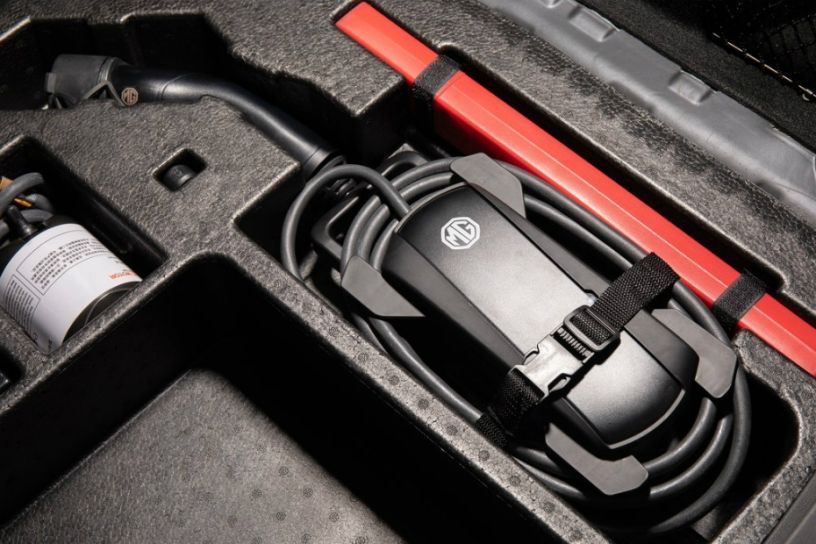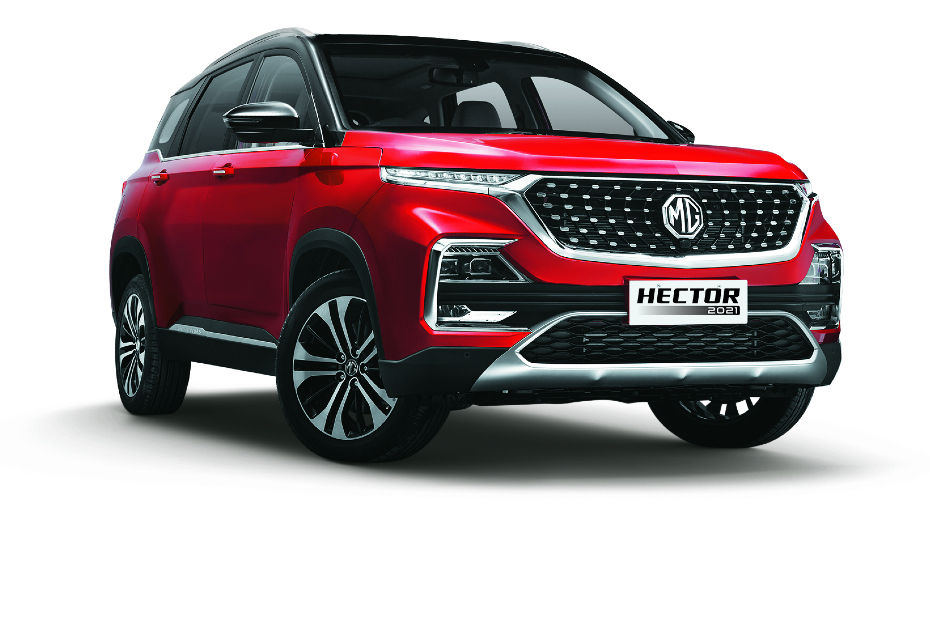How Different Types of EV Chargers Prevent Range Anxiety?
Modified On Dec 23, 2019 05:50 PM By Sponsored
- Write a comment
From regular wall chargers to dedicated fast chargers, here’s why your EV will never run out of juice

Five years ago, few would have seen the arrival of quick chargers that fully charge mobile phones within an hour or so. But thanks to quick charging, anxiety over your mobile phone’s battery life is no longer a thing. Something similar can be said about the infamous range anxiety associated with electric vehicles.
That is because today, you can choose from multiple charger options to charge your EV. These range from home wall sockets to fast standalone home charging units and dedicated rapid-charging stations.
Type 1 Charger

The Type 1 charger can be used to charge your EV from conventional single-phase 15A sockets in your home. This is the same socket where you plug in your refrigerator, washing machine, geysers and other large appliances. The Type 1 charger has an output of about 3.3kW and usually takes 16-18 hours to fully charge an EV battery pack. The long charging time is due to the AC-DC conversion process performed by a rectifier installed in your EV.
On the flip side, a Type 1 charger also helps you recharge your EV no matter where you are as 15A sockets are quite common. Till a nationwide DC fast-charging network is in place, the Type 1 charger is your best bet to go long distances in your EV while keeping range anxiety at bay.
Type 2 Charger

A Type 2 charger works with both AC and DC three-phase power systems and has an output of 7.4-43kW. This allows a Type 2 charger to fully recharge an EV in two to six hours. Apart from charging stations, these chargers can also be installed in users’ homes, which is something that MG India offers free of cost. The company’s 7.4kW AC wall box charger can fully charge the ZS EV in just six to eight hours.
CCS (Combined Charging System)

A CCS is similar to a Type 2 charger save for additional contact points that allow for higher power outputs of up to 50kW. This makes it the preferred fast-charger of manufacturers like MG India, which has installed 50kW DC CCS points across India to charge its ZS EV from 0-80 per cent in less than 50 minutes.
Bharat DC 001 Charger
The Bharat DC 001 charger is based on the GB/T charger, which has a theoretical output of up to 230kW. But under the Indian government’s EV norms, the Bharat DC 001 charger’s output is limited to 10-15kW DC. However, the government is soon expected to specify the norms for a more powerful public DC charger with an output of 30-150kW.
How do different chargers help you?
Simply put, the various types of chargers ensure that finding a compatible charging station for your EV will be as easy as finding a fuel station. Whether it is the conventional 15A socket in your home or office, a manufacturer-supplied fast AC wall charger, or publicly accessible DC rapid-charging stations, there are multiple ways to keep your EV buzzing and your range anxiety muzzled.
When you couple that with government-led standardization, greater EV adoption, and rapidly-improving charging technology, a 0-80 per cent charging time of just 15 minutes is not as far-fetched as it may sound today – cue, your mobile phone!










